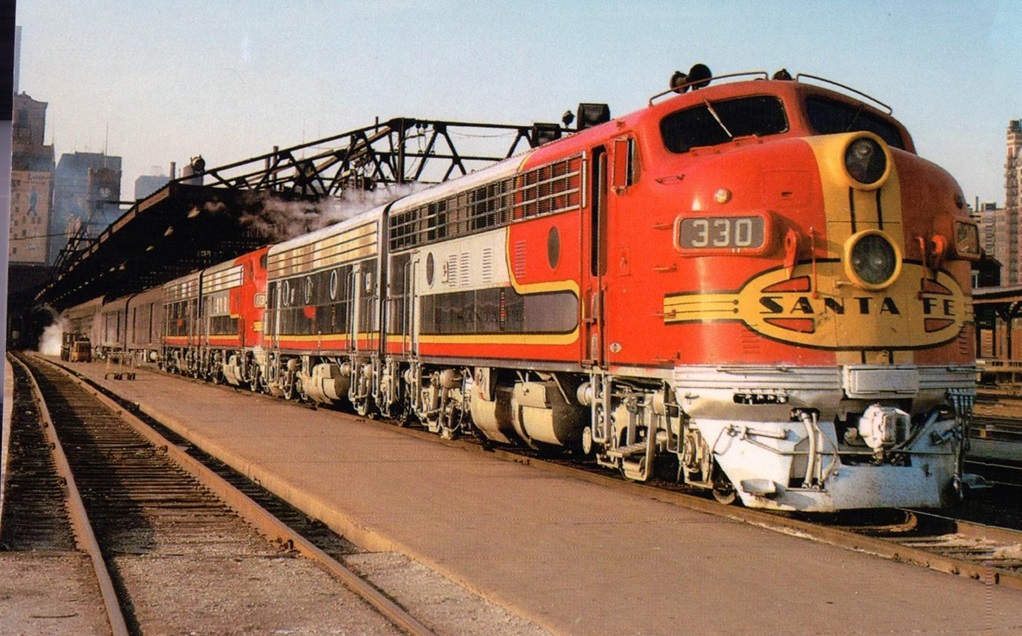Recognizing that the rail sector generates 2 percent of US transportation greenhouse gas (GHG) emissions, the Department of Energy has released the Progression to Net-Zero Emission Propulsion Technologies for the Rail Sector request for information (RFI) to understand applicable decarbonization strategies. The purpose of this RFI is to solicit feedback from industry, academia, research laboratories, government agencies, other stakeholders, and the public on issues related to alternative propulsion technology advancement within the rail sector and achieving net-zero GHG emissions.
The Biden-Harris Administration has established ambitious goals to address global climate change and is committed to developing and implementing robust and actionable transportation decarbonization strategies. In January 2023, DOE, the Department of Transportation, the Department of Housing and Urban Development, and the Environmental Protection Agency released the U.S. National Blueprint for Transportation Decarbonization, a landmark interagency framework to eliminate emissions from the transportation sector – including rail – by 2050. This significant transition requires rail supply chain coordination, including alternative fuel production, feedstock supply, locomotive engine manufacturing, safety implementation, customer demand, and government regulation.
The net-zero emission propulsion technologies under consideration for the intent of this RFI for transitional, interim use until 2030 are: biodiesel, renewable diesel, ammonia, methanol, hydrogen fueled internal combustion engines, and ethanol. The technologies under consideration for mid- to long-term use are: hydrogen fuel cells, batteries (tenders or built-in), direct electrification (catenary), or a combination of different technologies.
Jointly released by DOE’s Bioenergy Technologies Office (BETO), Vehicle Technologies Office, and Hydrogen and Fuel Cell Technologies Office, the RFI aims to collect knowledge from stakeholders to guide actions regarding future propulsion technologies, research and infrastructure investments, and coordination to ensure the rail sector is meeting or exceeding U.S. decarbonization milestones.
Tags: GHG Emissions, Rail Sector, RFI, US DOE



Recent Posts
Wärtsilä to Power USA’s First All-Electric High-Speed Ferries in San Francisco Bay
ABS and Pusan National University Chart a Course for Liquid Hydrogen Shipping
RIC Energy and Siemens Partner to Advance Green Hydrogen and E-Fuels Projects in Spain
Moeve to Supply 40,000 Tons of 2G Marine Biofuel to Grupo Armas Trasmediterránea in Canary Islands
Smart Green Shipping Completes Successful Sea Trials of Wind-Assisted Propulsion System
CMA CGM Unveils Vietnam’s First Fully Electric River Barge in Collaboration with NIKE
Vietnam and France Join Forces to Explore Green Hydrogen for Remote Islands
Port of Rotterdam Tests Electric Hydrofoil Vessel in Push for Sustainable Operations